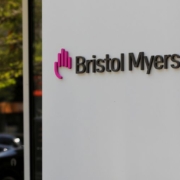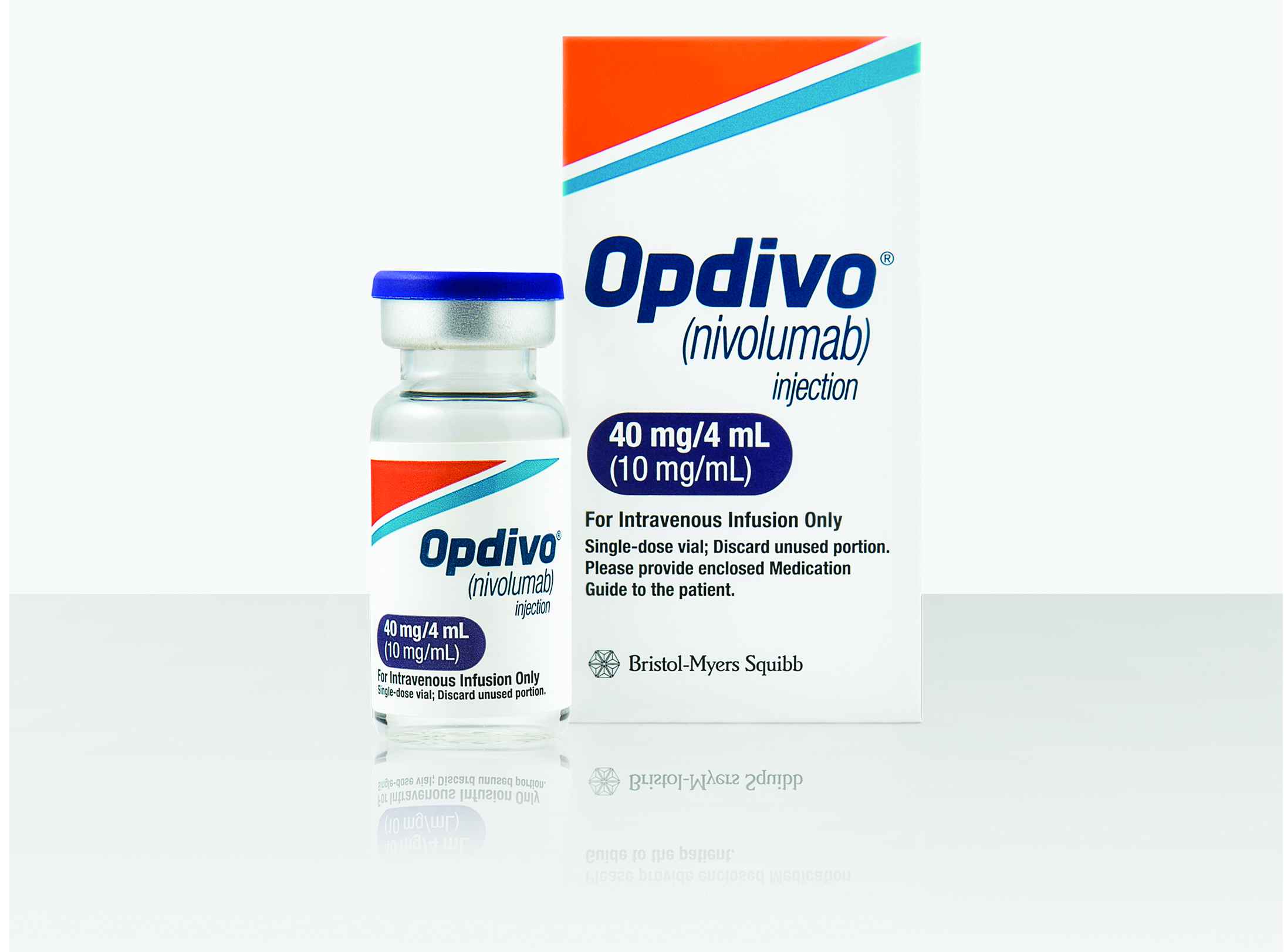Nektar Therapeutics outlined a strategic reorganization plan that includes cutting 70 percent of the company’s workforce, only weeks after Bristol Myers Squibb abandoned its clinical collaboration program with Nektar on bladder cancer and renal cell carcinoma.
Nektar Therapeutics said on April 14 the company had stopped all clinical trials involving the drug developer’s key cancer drug bempegaldesleukin following its failure in multiple studies, dragging Nektar shares down 23% in after-market trading.
Two Melanoma Trials Fall as BMS and Nektar Report Disappointing Results
Blockbusters, Bristol Myers Squibb, Clinical Data, Clinical Trials, Immunotherapies, Melanoma, Merck, Metastatic Melanoma, Overall Response Rate (ORR), Primary Endpoints, Progression-Free Survival (PFS), R&D, Renal Cell Carcinoma (RCC), TherapeuticsBristol Myers Squibb and Nektar Therapeutics released disappointing news about their joint Phase III PIVOT IO-001 study evaluating a dual therapy of the immunotherapy drug bempegaldesleukin in combination with Opdivo (nivolumab) compared with Opdivo alone to treat unresectable or metastatic melanoma.
Two-year follow-up data were reported from the Phase III CheckMate -9ER trial of Bristol Myers Squibb’s checkpoint inhibitor Opdivo (nivolumab) and Exelixis’ Cabometyx (cabozantinib) in the first-line treatment of advanced renal cell carcinoma.
The U.S. Food and Drug Administration approved the combination of Merck’s anti-PD-1 therapy Keytruda plus Eisai’s orally available multiple receptor tyrosine kinase inhibitor Lenvima for the first-line treatment of adult patients with advanced renal cell carcinoma (RCC).
The U.S. Food and Drug Administration approved Aveo Oncology’s Fotivda (tivozanib) for adults with relapsed or refractory advanced renal cell carcinoma in people who have had two or more previous systemic therapies.
Merck’s Keytruda Plus Eisai’s Lenvima Could Open New Standard of Care in Renal Cancer
Blockbusters, Checkpoint Inhibitors, Clinical Data, Clinical Trials, Combination Therapies, Exploratory Analysis, Keytruda, Merck, Overall Response Rate (ORR), Overall Survival (OS), Progression-Free Survival (PFS), R&D, Renal Cell Carcinoma (RCC), TherapeuticsMerck presented new data from the Phase III CLEAR trial (KEYNOTE-581/Study 307) at the virtual 2021 Genitourinary Cancers Symposium of the company’s checkpoint inhibitor Keytruda (pembrolizumab) and Eisai’s tyrosine kinase inhibitor Lenvima (lenvatinib) in renal cell carcinoma.
Bristol Myers Squibb and Exelixis announced results from new analyses from the pivotal Phase 3 CheckMate -9ER trial, demonstrating clinically meaningful, sustained efficacy benefits as well as quality of life improvements with the combination of Opdivo (nivolumab) and Cabometyx (cabozantinib) compared to sunitinib in the first-line treatment of advanced renal cell carcinoma (RCC).
FDA Approves Opdivo-Cabometyx Combo for Advanced Renal Cell Carcinoma
Advanced Renal Cell Carcinoma (RCC), Approvals, Blockbusters, Bristol Myers Squibb, Clinical Trials, Combination Therapies, FDA, First-Line Treatment, Metastatic Renal Cell Carcinoma (mRCC), R&D, Real-Time Oncology Review (RTOR) Pilot, TherapeuticsBristol Myers Squibb’s Opdivo (nivolumab) 240 mg (injection for intravenous use) every two weeks or 480 mg every four weeks in combination with Cabometyx (cabozantinib) 40 mg once daily tablets was approved by the U.S. Food and Drug Administration for the first-line treatment of patients with advanced renal cell carcinoma.
Calithera Biosciences reported that the company’s CANTATA clinical trial of telaglenastat in patients with advanced or metastatic renal cell carcinoma (RCC) failed to hit the primary endpoint.










